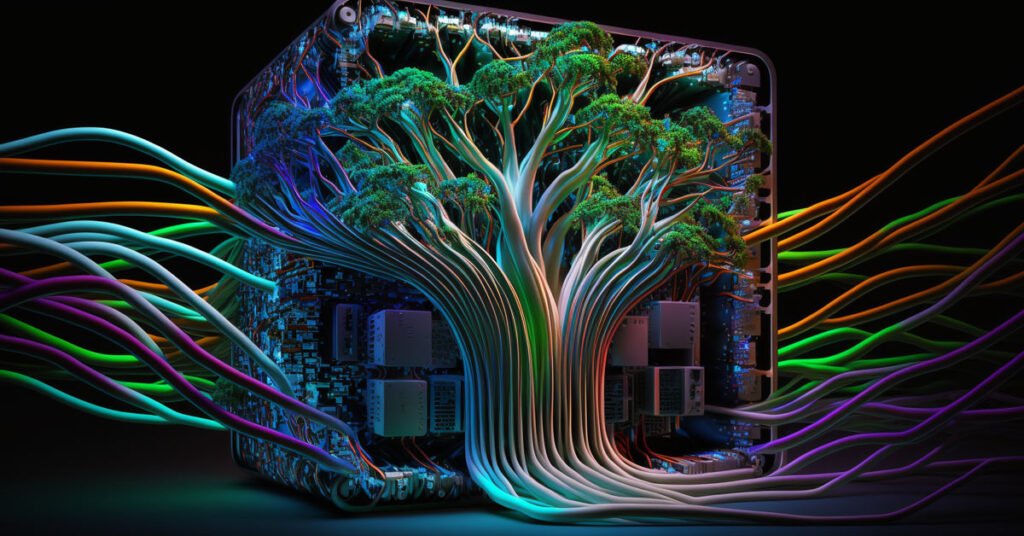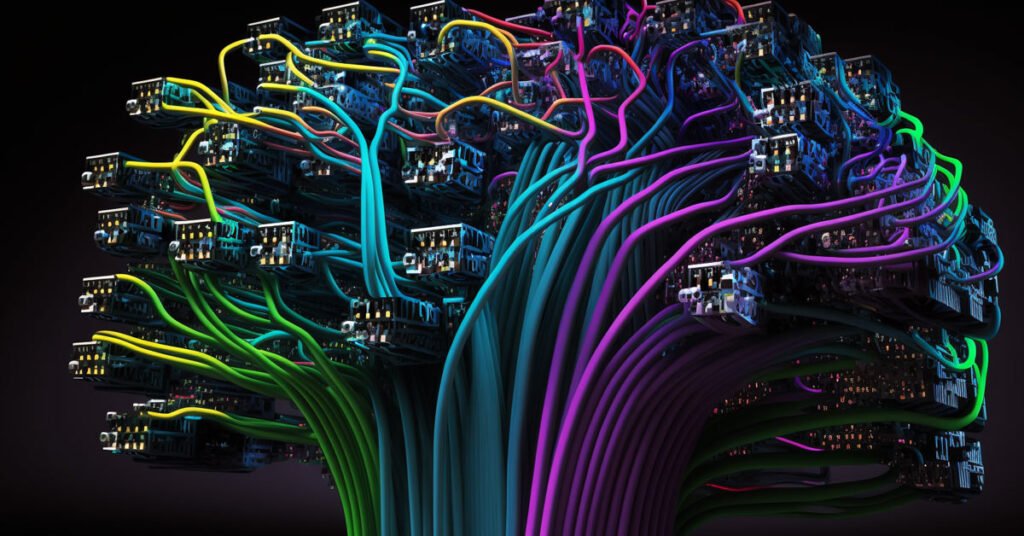Expert systems and knowledge representation are key components of artificial intelligence, enabling computer systems to reason, learn, and make decisions based on stored knowledge, mimicking the problem-solving abilities of human experts.
Overview of Expert Systems
Expert systems are AI-based computer programs that emulate the decision-making abilities of a human expert in a specific domain, such as:
- Medical diagnosis
- Financial planning
- Manufacturing process control
- Legal advising
Components of Expert Systems
Expert systems typically consist of the following components:
- Knowledge base: A comprehensive repository of domain-specific information, rules, and heuristics.
- Inference engine: A reasoning mechanism that interprets and processes the knowledge base to draw conclusions and make recommendations.
- User interface: A means of communication between the system and the user, often employing natural language processing techniques.
Knowledge Representation
Knowledge representation is a crucial aspect of AI, as it involves organizing and structuring information in a way that computer systems can understand and process. Common knowledge representation techniques include:
- Semantic networks
- Frames
- Production rules
- Ontologies
Semantic Networks
Semantic networks are graph-based structures that represent knowledge through nodes (concepts) and edges (relationships). They allow for:
- Efficient storage and retrieval of knowledge
- Natural representation of hierarchical and associative relationships
Frames
Frames are data structures used to represent stereotypical situations or objects, containing:
- Slots: Attributes of the object or situation
- Default values: Typical or expected values for slots
- Inheritance: Sharing of attributes among related objects or situations
Production Rules
Production rules are formal representations of knowledge using IF-THEN statements, also known as condition-action rules. They facilitate:
- Rule-based reasoning
- Modular and maintainable knowledge base design
Ontologies
Ontologies define a formal, shared vocabulary for representing knowledge within a specific domain, specifying:
- Classes: Categories of objects or concepts
- Properties: Attributes or relationships between objects or concepts
- Instances: Specific objects or concepts belonging to a class
Applications and Limitations of Expert Systems
Expert systems have been successfully applied in various fields, offering benefits such as:
- Consistent decision-making
- Availability of expert knowledge in remote or resource-limited settings
- Enhanced efficiency and productivity
However, expert systems also have limitations, such as:
- Difficulty in acquiring and maintaining domain-specific knowledge
- Inability to handle ambiguous or incomplete information effectively
- Limited adaptability to new situations or changes in the domain
By addressing these limitations and advancing knowledge representation techniques, expert systems can continue to contribute to the progress and innovation in artificial intelligence and various industries.
- Whispers from the Dark - April 19, 2023
- Pablo’s story - April 18, 2023
- Sightings of a Skunk Ape - April 18, 2023



